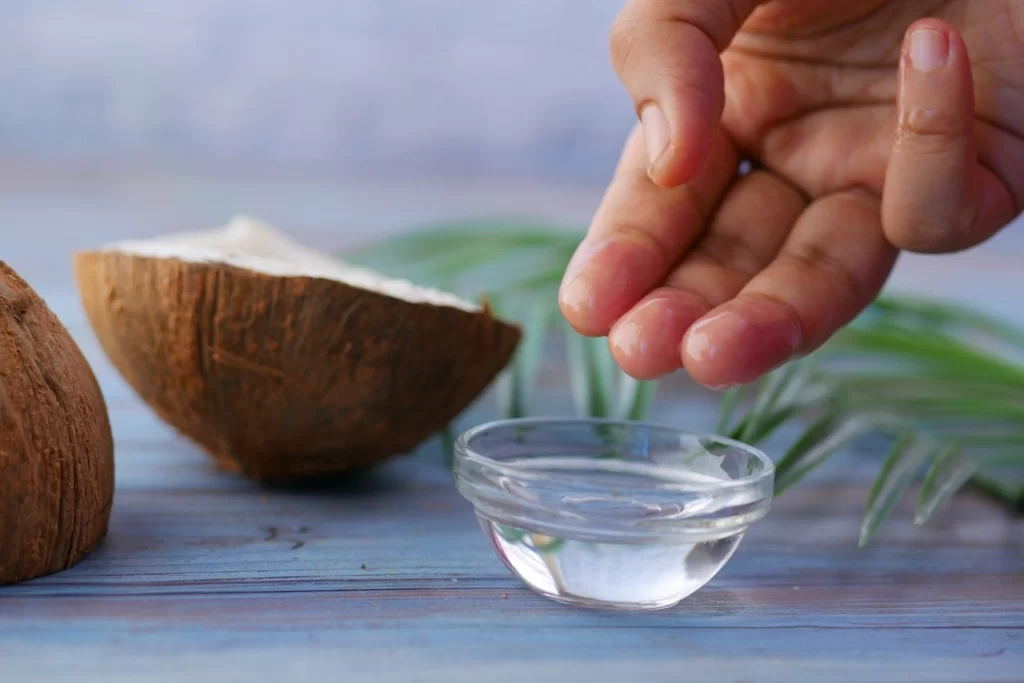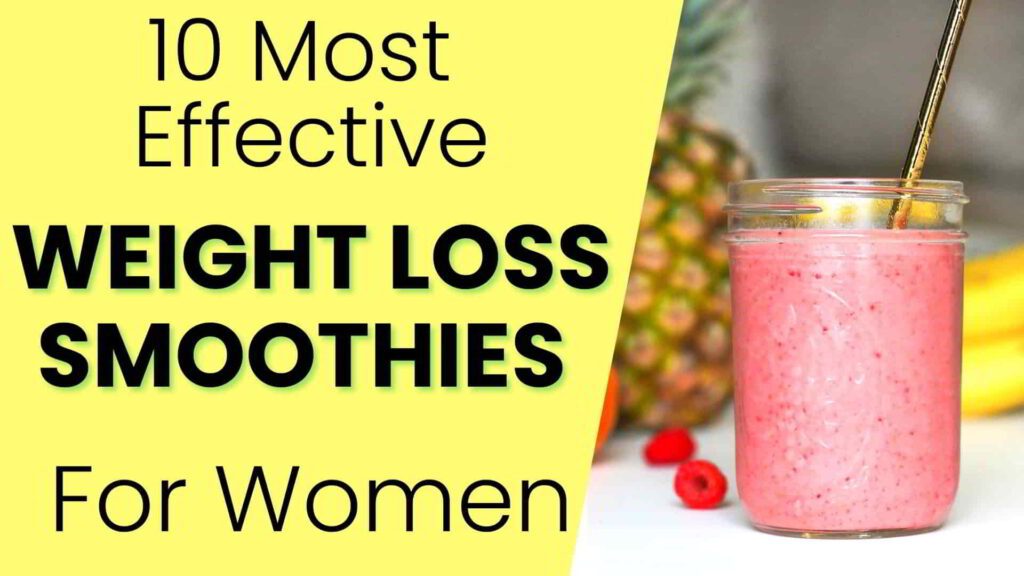Table of Contents
Introduction.
Despite being criticized for having high levels of saturated fat, coconut oil is now making a significant comeback in nutrition and health.
Even though most lubricants are thick and tough for the sperm to travel through, they may make for a pleasurable experience.
The majority of lubricants have an acidic pH level that is sufficient to destroy sperm. When attempting to get pregnant, it is advised to avoid any lubricants. Instead, cervical mucus produced immediately before ovulation or natural oils like olive oil or coconut oil are the ideal lubricants to utilize.
What About a Natural Lubricant, Though?
If a medical condition results in vaginal dryness, coconut oil can be a brilliant choice, especially for those affected by other lubricants that contain topical estrogen, such as those who have breast cancer or other estrogen-sensitive cancers and are unable to use or do not want to use estrogen.
However, not all coconut oils are made equal, so paying attention to which one you choose when using it as a lubricant is crucial. Make sure the variety you choose is food-grade and devoid of additives or preservatives.
The oil should be shelf-stable for at least 6 to 12 months if kept in a cabinet or cupboard. Naturally, it’s a good idea to pay attention to expiration dates, but if the oil has a strong odor, it’s probably best to throw it away.
Benefits of Using Coconut Oil as Lube.
One of the reasons coconut oil is so tempting is its adaptability; you may use it to deeply moisturize your hair overnight or to massage it on your skin after a shower for a radiant glow. Even better, “it’s affordable and simple to find.
Coconut oil can also improve vaginal stimulation by reducing friction because it keeps its smooth texture and serves as a moisturizer. Over time, water-based or silicone-based lubricants can become sticky or tacky, which doesn’t exactly go with being in the mood.
Additionally, whereas certain lubricants can change the vagina’s acidity levels, resulting in yeast infections, coconut oil’s pH almost exactly matches the vaginal pH. Thus, adverse effects are uncommon.
Risks of Using Coconut Oil as Lube.
When utilizing oil as a lubricant, there are various things to watch out for. To start, you should avoid using latex condoms. You risk becoming pregnant or contracting STIs if the condoms you use during sexual activity break or degrade due to the oil.
There is currently a shortage of knowledge regarding whether coconut oil is more harmful than beneficial for those trying to conceive.
Due to some minor studies in animal models showing sperm cannot swim well through this sort of lubricant because it is oil-based, doctors normally advise patients trying to conceive to avoid using coconut oil as a lubricant.
Doctors advise Pre-Seed, which is even more pH-balanced than the oil if you’re looking for fertility-friendly lubricants.
Conclusion.
Using coconut oil as a substitute or complete replacement for your more typical water-based lubricants is thus unquestionably safe. Therefore, grocery runs are much more stimulating now.
References.
Eggert-Kruse, W., Köhler, A., Rohr, G., & Runnebaum, B. (1993). The pH as an important determinant of sperm-mucus interaction. Fertility and Sterility, 59(3), 617-28. Retrieved from https://pubmed.ncbi.nlm.nih.gov/8458467/
Evangelista MTP, et al. (2013). The effect of topical virgin coconut oil on SCORAD index, transepidermal water loss, and skin capacitance in mild to moderate pediatric atopic dermatitis: A randomized, double‐blind, clinical trial. DOI:
doi.org/10.1111/ijd.12339
Herbenick D, et al. (2014). Women’s use and perceptions of commercial lubricants: Prevalence and characteristics in a nationally representative sample of American adults. DOI: doi.org/10.1111/jsm.12427



